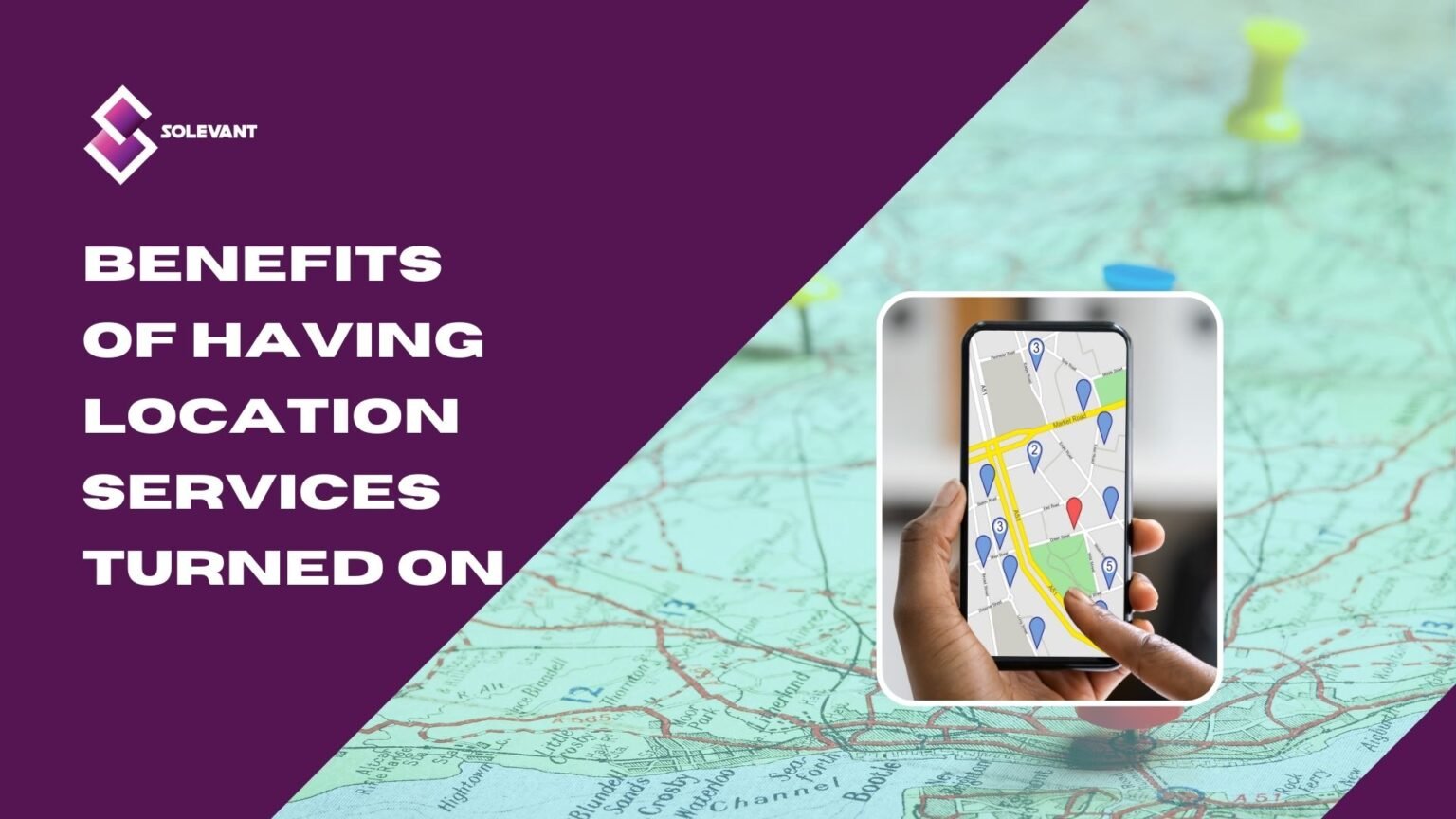Ever thought about who keeps a company’s financial engine running smoothly in the background? Meet the unsung hero of the finance team—the Accounts Receivable Specialist.
These financial experts play a crucial role in handling a company’s cash flow, ensuring that the money owed to the business arrives on time and in order.
In this blog post, we’ll explore the world of these specialists, uncovering the various tasks they handle. From handling invoices to maintaining client connections, they’re the financial pros making sure everything is in sync for an organization.
Let’s break down their important functions and grasp the essential role they play in the business realm.
Key Responsibilities of an Accounts Receivable Specialist
Accounts receivable specialists are at the forefront of managing a company’s financial transactions.
They are responsible for a range of critical tasks that ensure the smooth functioning of the accounts receivable process. Let’s delve into the key responsibilities of these specialists:
Managing Invoices
One of the primary duties of an accounts receivable specialist is to generate and manage invoices. This involves creating accurate invoices, specifying payment terms, and ensuring they are sent to customers in a timely manner.
Precision in invoicing is essential to prevent errors and disputes, which can delay payments.
Monitoring Accounts Receivable Aging
To maintain a healthy cash flow, accounts receivable specialists closely monitor the aging of accounts. They categorize outstanding invoices based on their due dates and follow up on overdue payments.
Timely action in this regard is vital, as it helps identify potential issues early and allows for necessary steps to be taken to collect outstanding amounts.
Communication with Customers
Effective communication with customers is a critical aspect of an accounts receivable specialist’s role. They engage with customers to clarify invoice details, resolve billing disputes, and address any payment-related concerns.
Maintaining professionalism and a customer-centric approach is essential to preserving positive relationships.
Reconciliation of Accounts
Reconciliation involves ensuring that the records of received payments match the invoices and accounts receivable balances. Accounts receivable specialists meticulously track all transactions and reconcile them regularly to identify discrepancies.
This process helps maintain accurate financial records and provides insights into any inconsistencies that may require attention.
Handling Collections
Accounts receivable specialists are responsible for collecting overdue payments. This involves sending reminders, making phone calls, and negotiating payment plans when necessary. Their goal is to recover outstanding amounts while maintaining goodwill with customers.
They may also assess the need for involving collection agencies or pursuing legal action for exceptionally delinquent accounts.
Tools and Software Used by Accounts Receivable Specialists
Accounts Receivable Specialists rely on various tools and software to streamline their tasks and ensure efficient management of financial transactions.
Here, we’ll explore some of the essential tools and software commonly used in this role:
Accounting Software
Accounting software is at the core of an accounts receivable specialist’s toolkit. These platforms are designed to help manage financial data, track invoices, and reconcile accounts.
Some popular accounting software options include:
QuickBooks
A widely used accounting software known for its user-friendly interface and robust features. It allows for easy invoicing, payment tracking, and financial reporting.
Xero
Xero offers cloud-based accounting software with features for invoicing, billing, and bank reconciliation. It’s particularly suitable for small to medium-sized businesses.
Sage Intacct
This software is often chosen by larger organizations for its advanced financial management capabilities, including accounts receivable and payable modules.
Spreadsheet Applications
Spreadsheet applications like Microsoft Excel or Google Sheets are indispensable for Accounts Receivable Specialists. They use spreadsheets to create and maintain records, perform calculations, and analyze financial data.
Spreadsheets are especially useful for:
- Tracking Payments: Accounts Receivable Specialists can create detailed payment logs, record due dates, and calculate aging reports using spreadsheet functions.
- Data Analysis: They can use spreadsheets to identify trends, assess payment patterns, and generate reports for management.
Customer Relationship Management (CRM) Software
CRM software plays a crucial role in managing customer interactions and relationships, which is a significant aspect of accounts receivable. Some CRM systems provide features that complement the work of accounts receivable specialists, such as:
- Customer Information: CRM systems store customer details, making it easy to access information needed for invoicing and communication.
- Communication Tracking: They allow for tracking interactions with customers, including emails, calls, and notes related to outstanding invoices.
- Automated Reminders: CRM software can be configured to send automated payment reminders to customers, helping to reduce overdue accounts.
Apart from these primary tools and software, Accounts Receivable Specialists may also use email software for communication, document management systems for storing invoices and related documents, and payment processing solutions to facilitate transactions.
Challenges Faced by Accounts Receivable Specialists
The role of an accounts receivable specialist comes with its fair share of challenges. These professionals work diligently to manage financial transactions, but they often encounter obstacles that can impact their effectiveness.
Here are some common challenges faced by accounts receivable specialists:
Late Payments
Late payments are a persistent challenge in the accounts receivable process. Accounts Receivable Specialists often have to contend with customers who delay payments for various reasons, including financial constraints, oversight, or disputes.
This challenge can disrupt cash flow and make it challenging for organizations to meet their own financial obligations.
To address late payments, Accounts Receivable Specialists must implement effective collection strategies, send reminders, and work with customers to find mutually beneficial solutions.
Disputed Invoices
Disputed invoices can lead to extended payment delays and strained customer relationships. Accounts Receivable Specialists may encounter disputes over billing errors, the quality of products or services, or disagreements about contract terms.
Resolving these disputes requires effective communication skills and a commitment to finding fair resolutions. It’s crucial to maintain professionalism and work closely with other departments, such as sales and customer service, to address underlying issues and prevent future disputes.
Managing High Volume
In organizations with a high volume of transactions, managing accounts receivable can be overwhelming. Accounts Receivable Specialists may find themselves juggling numerous invoices, customer interactions, and reconciliation tasks simultaneously.
This high volume can increase the risk of errors and delays. To overcome this challenge, efficient processes, automation, and the use of appropriate tools and software become critical.
Additionally, effective time management and prioritization skills are essential to stay on top of responsibilities.
Tips for Success as an Accounts Receivable Specialist
To excel in the role of an Accounts Receivable Specialist, you need a combination of skills, strategies, and a commitment to ongoing improvement.
Here are some valuable tips for success in this critical position:
Organizational Tips
- Establish Efficient Processes: Develop clear and efficient procedures for invoicing, payment tracking, and collections. Document these processes to ensure consistency and minimize errors.
- Use Technology Wisely: Leverage accounting software and spreadsheet applications to streamline tasks. Automation can help reduce manual work and improve accuracy.
- Prioritize Tasks: When dealing with a high volume of transactions, prioritize your tasks based on urgency and importance. Focus on overdue accounts while staying on top of new invoices.
- Maintain Accurate Records: Keep meticulous records of all financial transactions, communication with customers, and payment histories. Well-organized records are invaluable for resolving disputes and generating reports.
Communication Strategies
- Professionalism is Key: Approach all interactions with customers, whether about overdue payments or disputes, with professionalism and courtesy. Maintaining a positive tone can help preserve relationships.
- Clear and Timely Communication: Send payment reminders and follow-up messages promptly. Ensure that customers have all the information they need to make payments, including accurate invoices and clear payment instructions.
- Active Listening: Listen attentively to customer concerns and disputes. Understand their perspective and work collaboratively to find solutions that benefit both parties.
Continuous Learning
- Stay Informed: Keep abreast of changes in accounting standards, tax regulations, and industry trends that may impact accounts receivable. Continuous learning ensures you remain competent and compliant.
- Professional Development: Consider pursuing relevant certifications or courses to enhance your skills and knowledge. Certifications like CARM or CCCM can boost your credentials.
- Adaptability: The financial landscape is ever-evolving. Be adaptable and open to new technologies and methodologies that can improve efficiency and effectiveness in managing accounts receivable.
Conclusion
The role of an accounts receivable specialist is pivotal in maintaining a healthy financial foundation for organizations. Success in this role requires a blend of technical expertise, strong organizational skills, effective communication, and a commitment to lifelong learning.
By implementing these tips and strategies, Accounts Receivable Specialists can navigate challenges, build positive customer relationships, and contribute significantly to their organization’s financial stability.
Author
-
I help businesses increase revenue with data-driven content marketing strategies that engages their audience. Looks like what you want? Let's talk.







